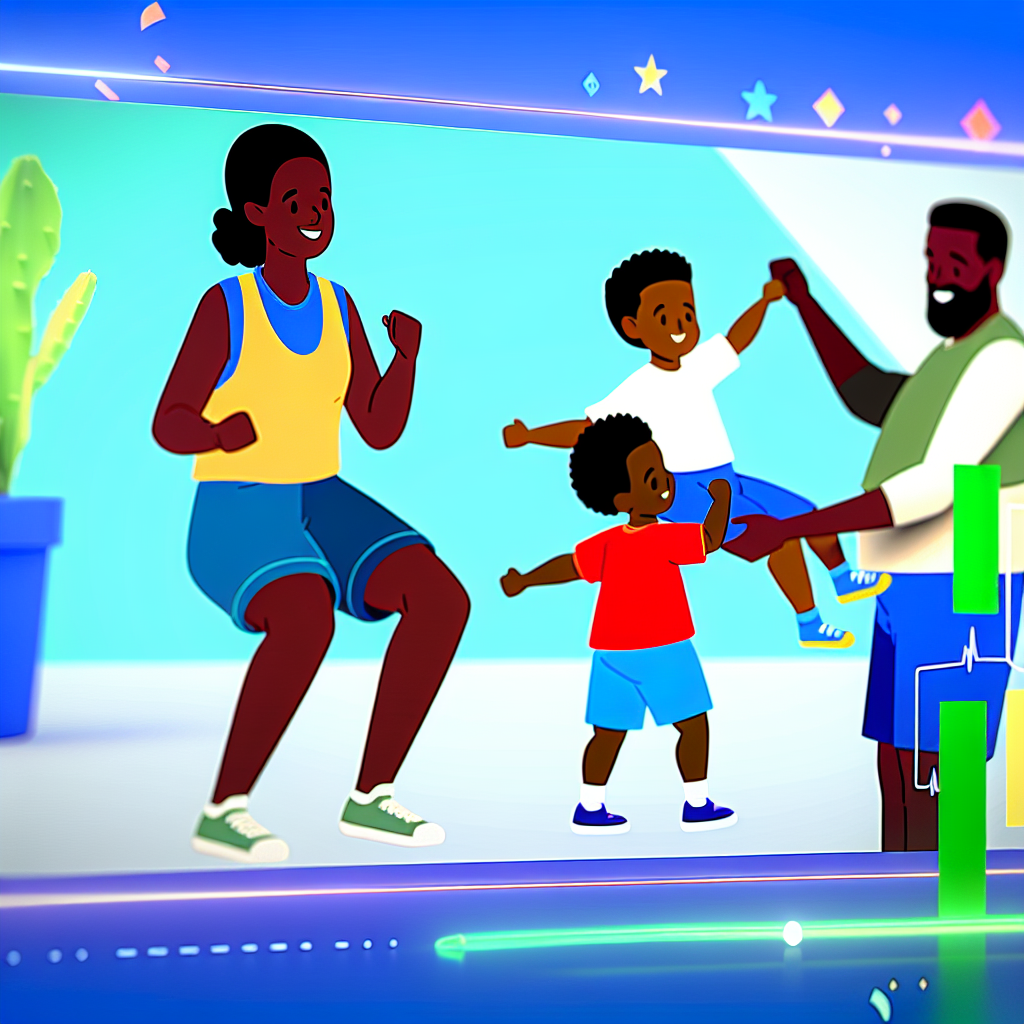Top Parenting Questions Answered — Your Quick Guide
As a dad who’s been through sleepless nights, toddler tantrums, and endless Googling at 2 AM, I know how hard parenting questions hit. Here are answers to some of the most frequently searched parenting questions—so you can stop scrolling and feel a little more confident today.
Why Won’t My Baby Stop Crying?
Babies cry. A lot. It’s their only way of communicating. The most common reasons are hunger, sleepiness, dirty diaper, gas, or the need for comfort. If you’ve checked all those and your baby is still crying, it might be colic or overstimulation. Sometimes, they just need a good snuggle or a quiet, dark space. Trust your instincts—and don’t be afraid to ask for help if you’re overwhelmed.
How to Potty Train?
Potty training can feel like a marathon. Here are some simple tips:
- Wait until your child shows readiness signs—like staying dry for a couple of hours or showing interest in the potty.
- Use a child-friendly potty and make it part of the daily routine.
- Celebrate successes, but don’t punish accidents.
- Consistency is key. Some families use the “three-day method,” while others take a slower approach. Find what works for you!
Why Isn’t My Baby Sleeping?
Babies don’t come with a built-in sleep schedule. They might wake up due to hunger, teething, growth spurts, or simply not knowing how to fall asleep alone. Try creating a bedtime routine—bath, story, song—and sticking to it every night. Swaddling (for newborns), white noise, and blackout curtains can help too. Remember, every baby is different, and it’s okay if it takes time.
How to Bathe a Newborn?
Bathing a newborn seems scary, but it’s actually simple:
- Stick to sponge baths until the umbilical cord stump falls off.
- Use warm (not hot) water and gentle baby soap.
- Support your baby’s head and neck at all times.
- Have all your supplies ready before you start.
- Bath time doesn’t have to happen every day—2–3 times a week is plenty at first.
Why Do Kids Wet the Bed?
Bed-wetting is super common—even for kids up to age 7. It’s often part of normal development and isn’t something they can control. Make sure your child uses the bathroom before bed, and try to stay positive. Alarms, rewards, and patience can all help. If it continues past the usual age, talk with your pediatrician for reassurance.
When Do Kids Start Talking?
Most babies say their first words around 12 months, but this varies a lot. By 18 months, many toddlers can say a handful of words, and by age 2, they might start forming simple sentences. If your child isn’t talking by 2 years or seems far behind, it’s okay to check with a speech therapist. Reading together and talking to your baby every day really helps!
Why Do Kids Suck Their Thumb?
Thumb sucking is a natural way for babies and toddlers to soothe themselves. Most kids grow out of it on their own by age 4 or 5. If it continues past kindergarten, you might want to gently encourage other comfort habits. Avoid scolding, and instead praise them when they aren’t sucking their thumb. Sometimes a sticker chart or gentle reminders work wonders.
Why Do Kids Bite Other Kids?
Toddlers bite for many reasons—frustration, teething, or simply exploring. It’s totally normal but still needs to be addressed. Stay calm, firmly say, “No biting,” and redirect them. Teaching them words like “I’m mad” or giving them a teether can help. Biting usually fades as kids develop better ways to express themselves.
Why Does My Baby Get Hiccups After Eating?
Hiccups are super common in babies, especially after eating. They’re usually harmless and happen because the baby’s diaphragm is still developing. To help, try burping your baby more often during feeds and holding them upright for a bit after eating. Most hiccups stop on their own in a few minutes—and they don’t bother babies as much as they bother parents!
Final Thoughts
Parenting is filled with questions—and that’s okay! The fact that you’re looking for answers shows how much you care. Remember, you’re doing your best, and your best is enough. Keep learning, stay patient, and trust that with time, you’ll figure out what works for your family.
Disclaimer: This post is for informational purposes only. For medical advice or serious concerns, always consult a healthcare professional.


